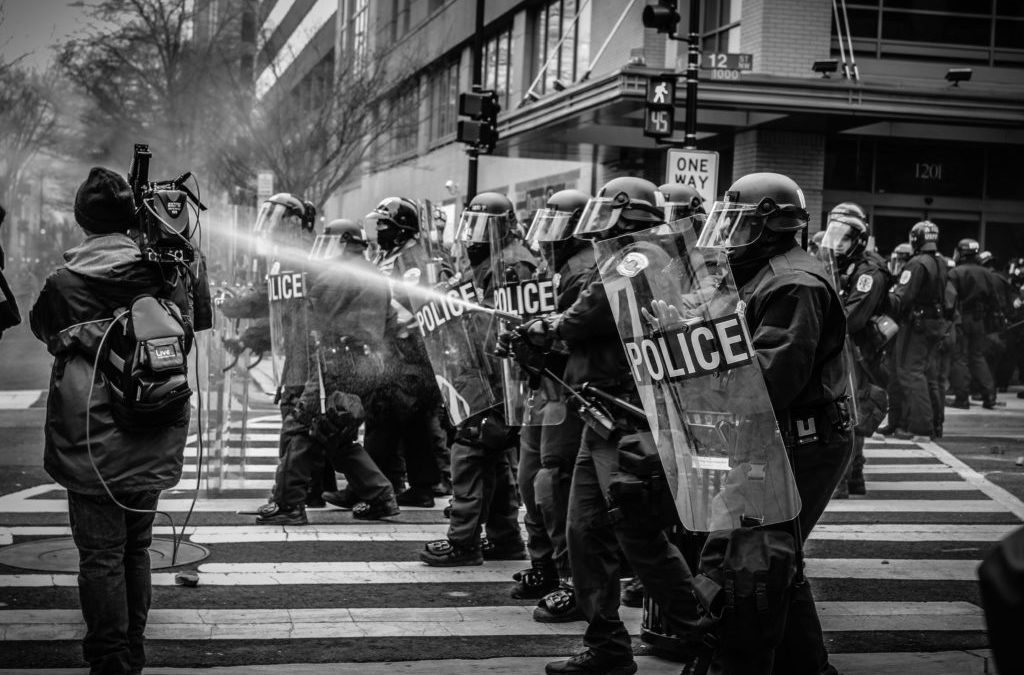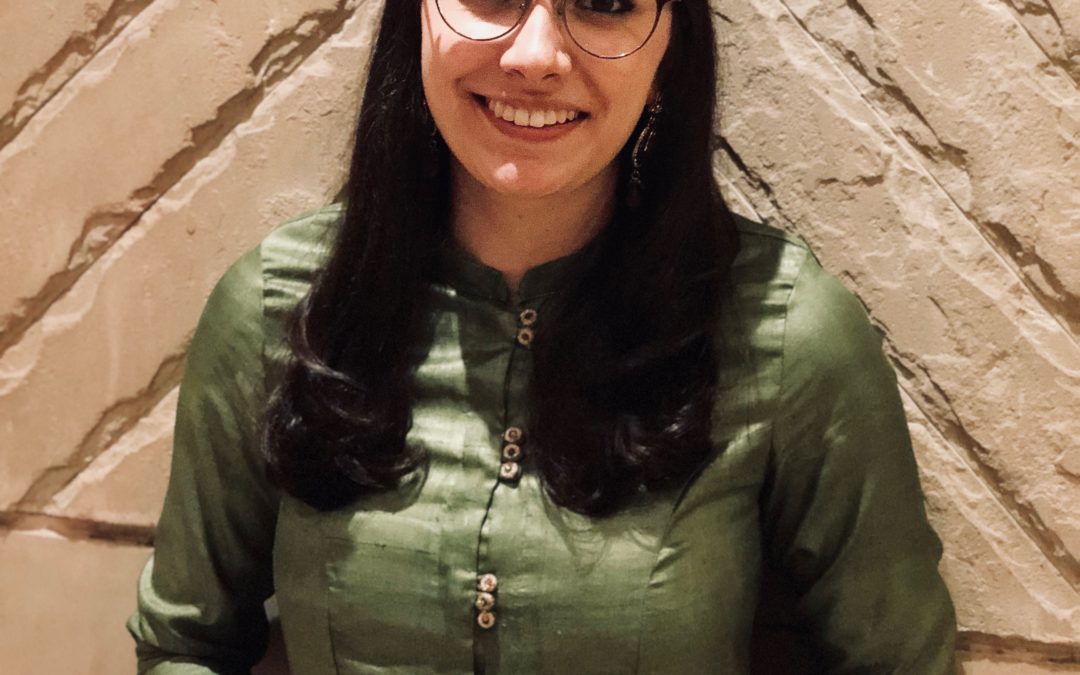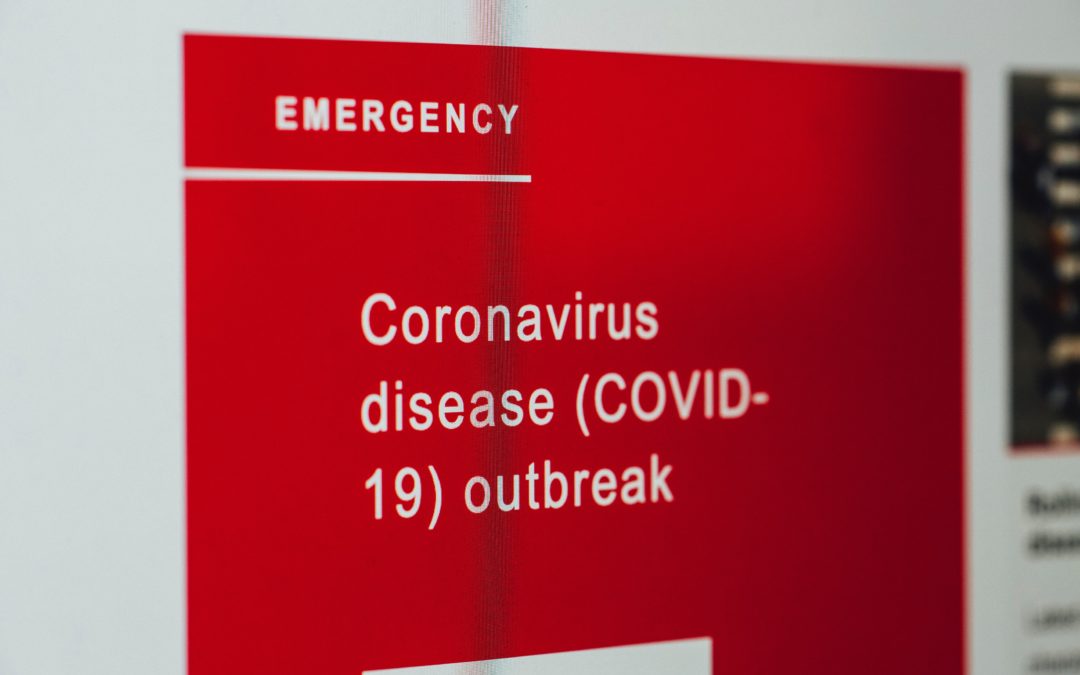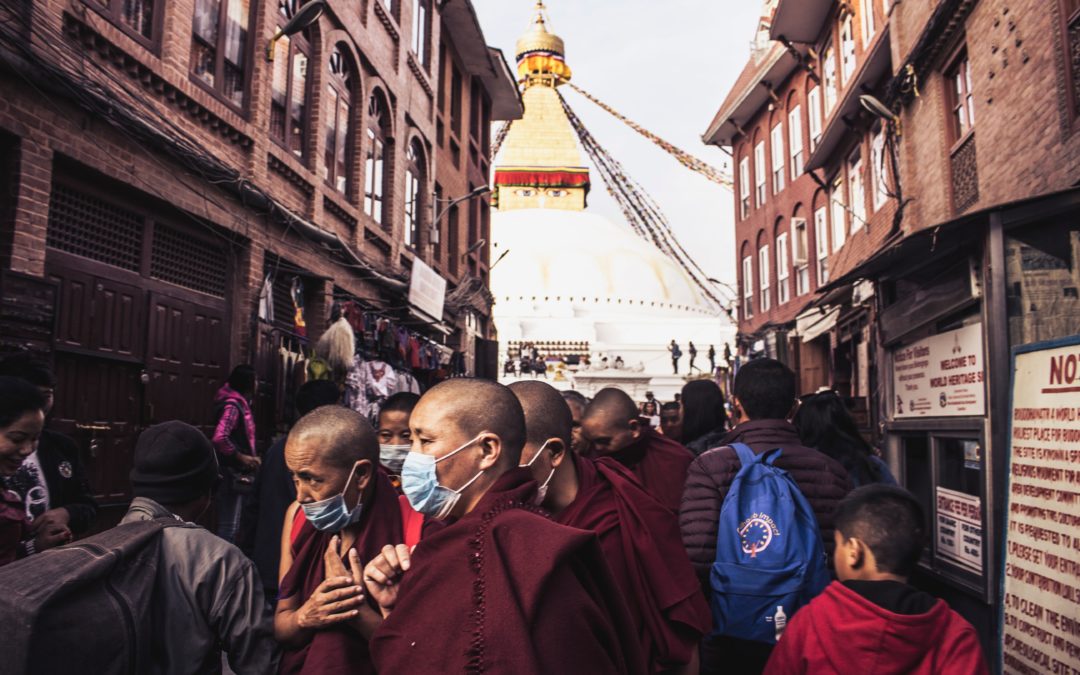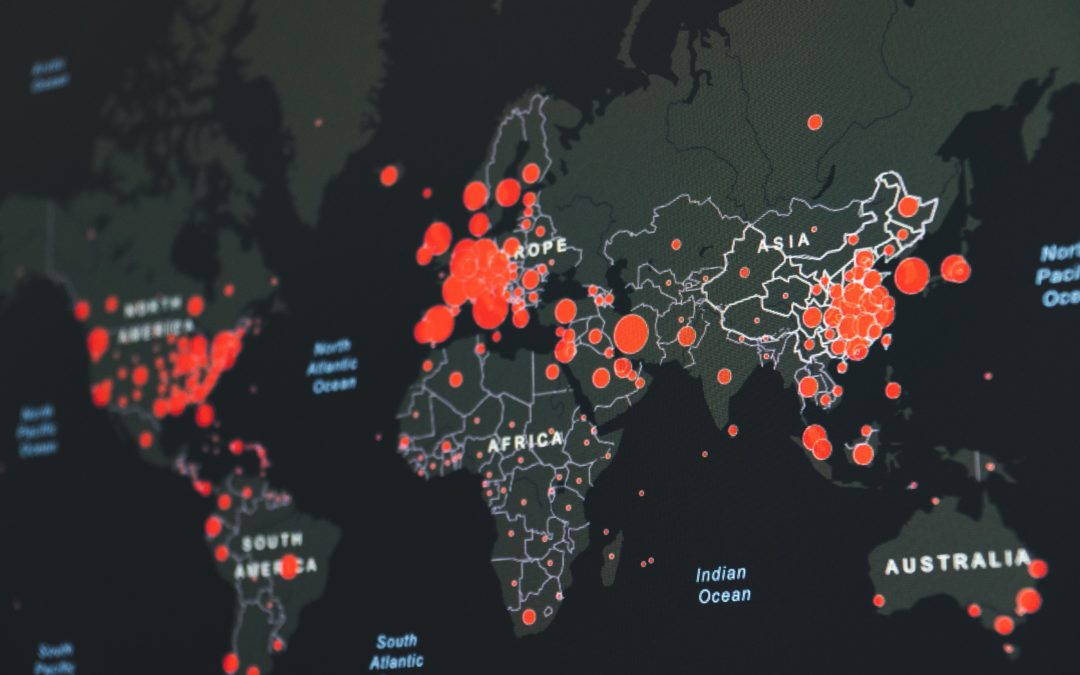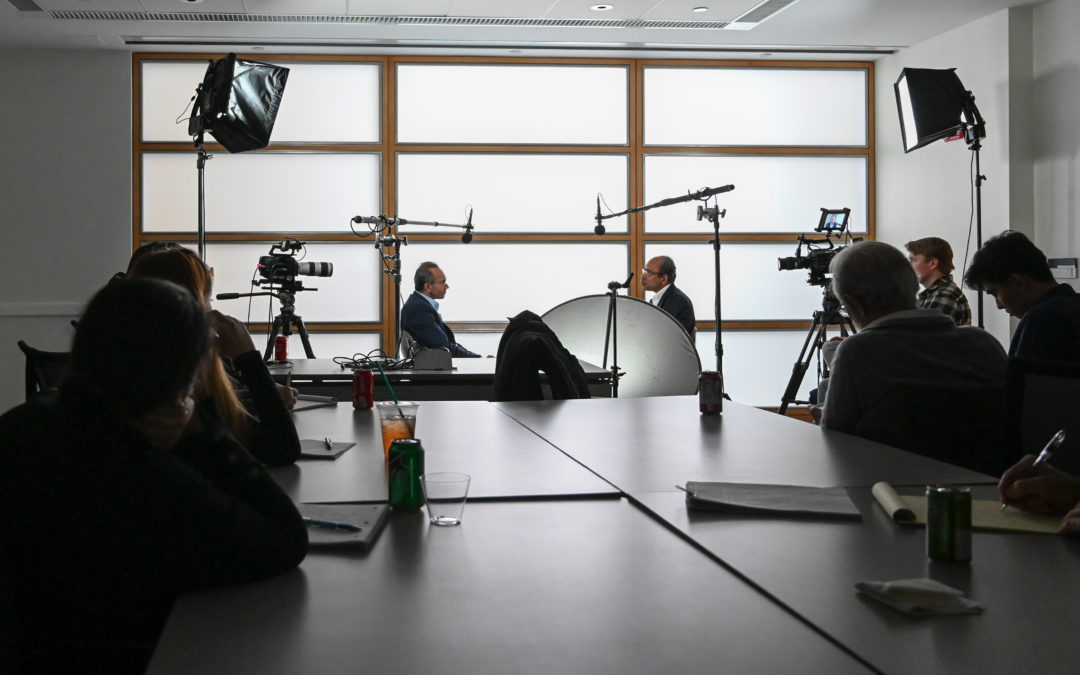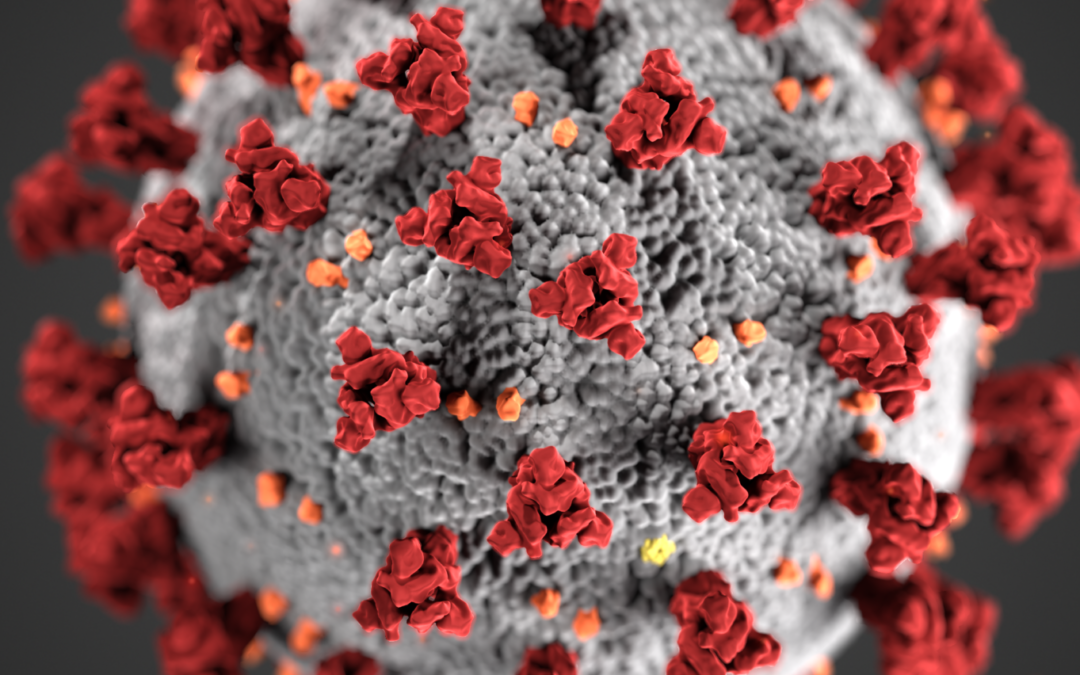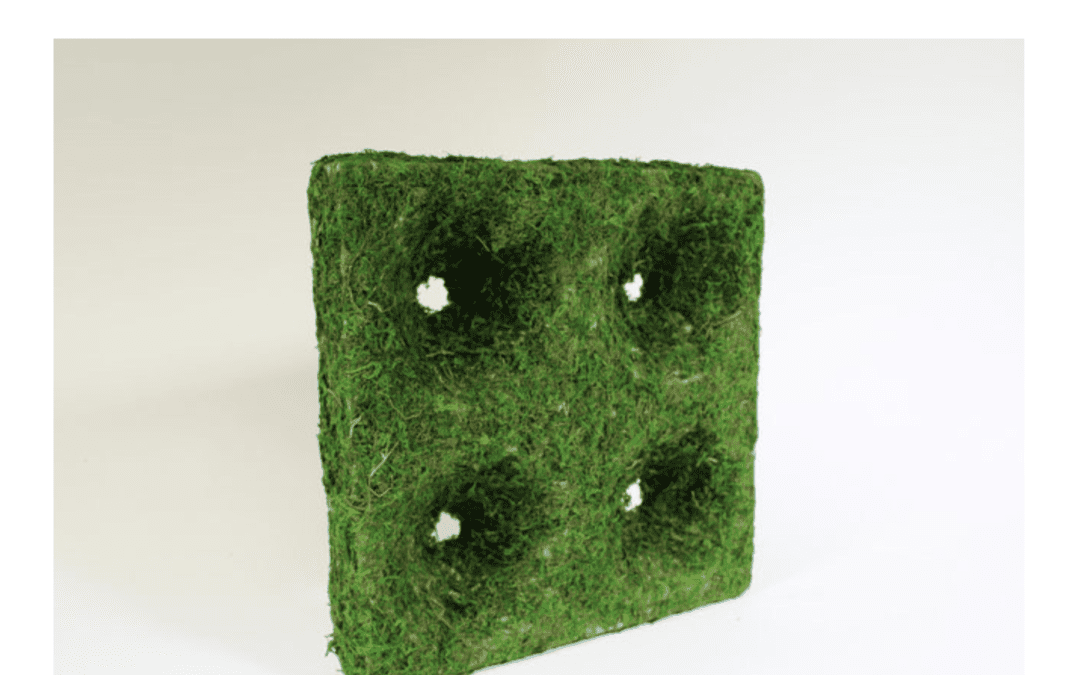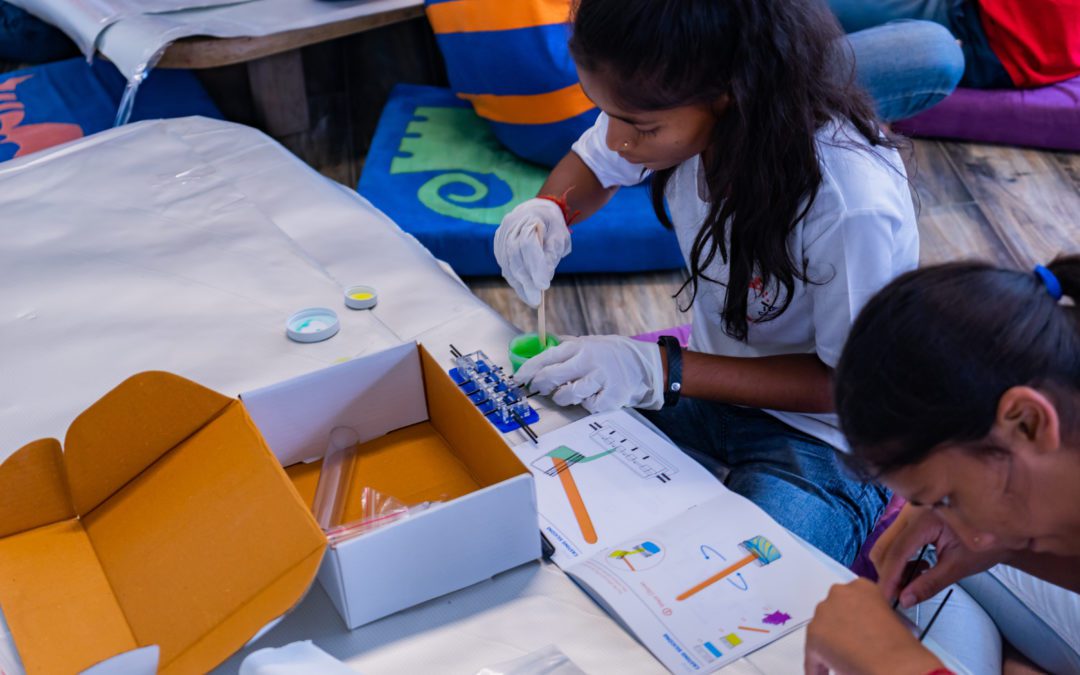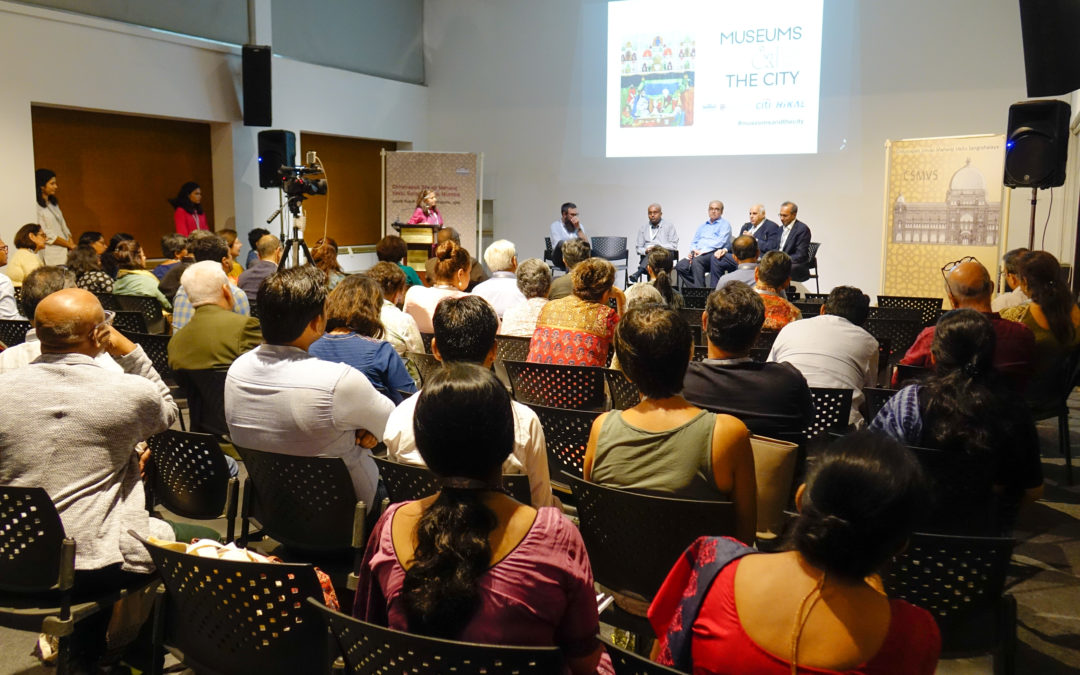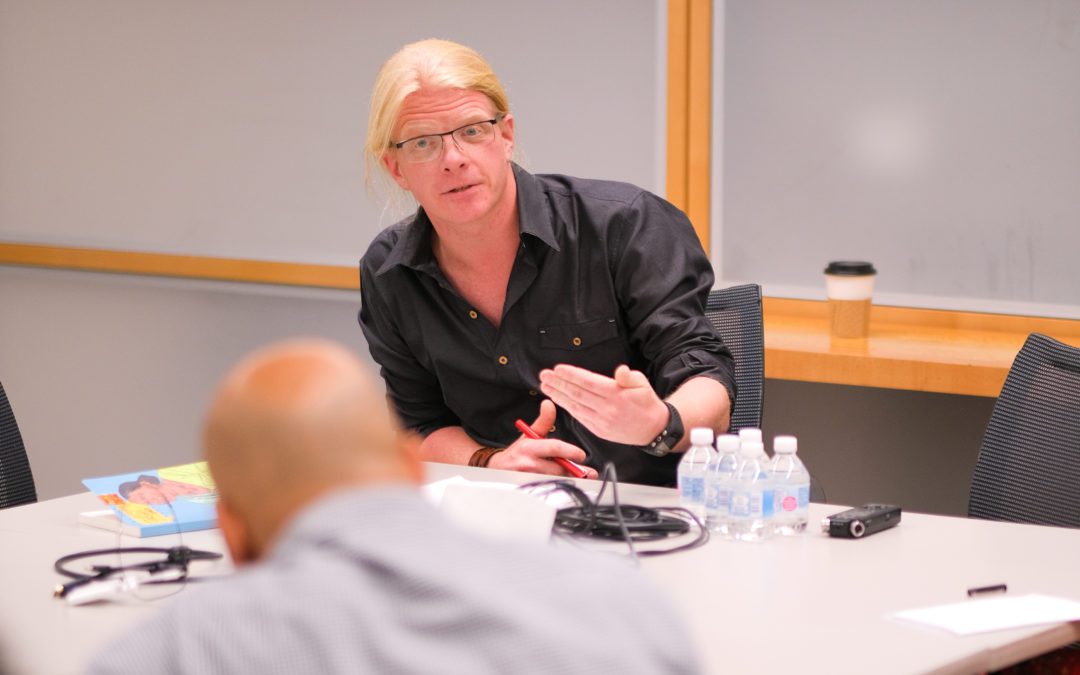From its cultural zenith in the days of Akbar, Lahore has remained a major center of knowledge and creativity in South Asia. As a free-spirited city that was home to the Mayo School — among other great institutions of knowledge — Lahore fed the imaginations of artists, poets, and writers, from B.C. Sanyal, Amrita Shergil, and Chughtai, to Faiz, Manto, and Khushwant Singh. But in the decades following Ayub’s martial law, as the space for arts and humanities diminished in Pakistan’s public discourse, so too did Lahore’s claim of being a vibrant cultural capital.
